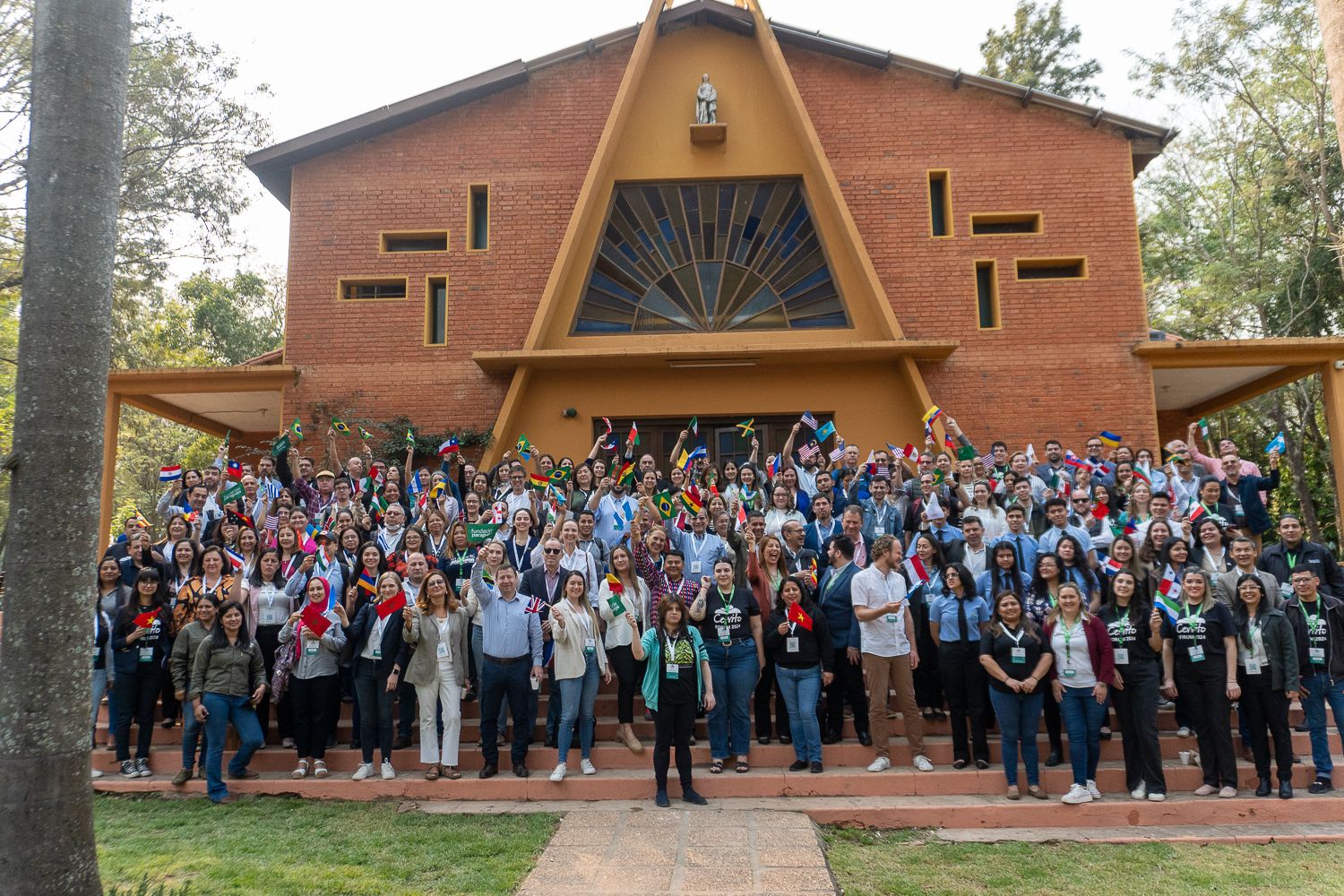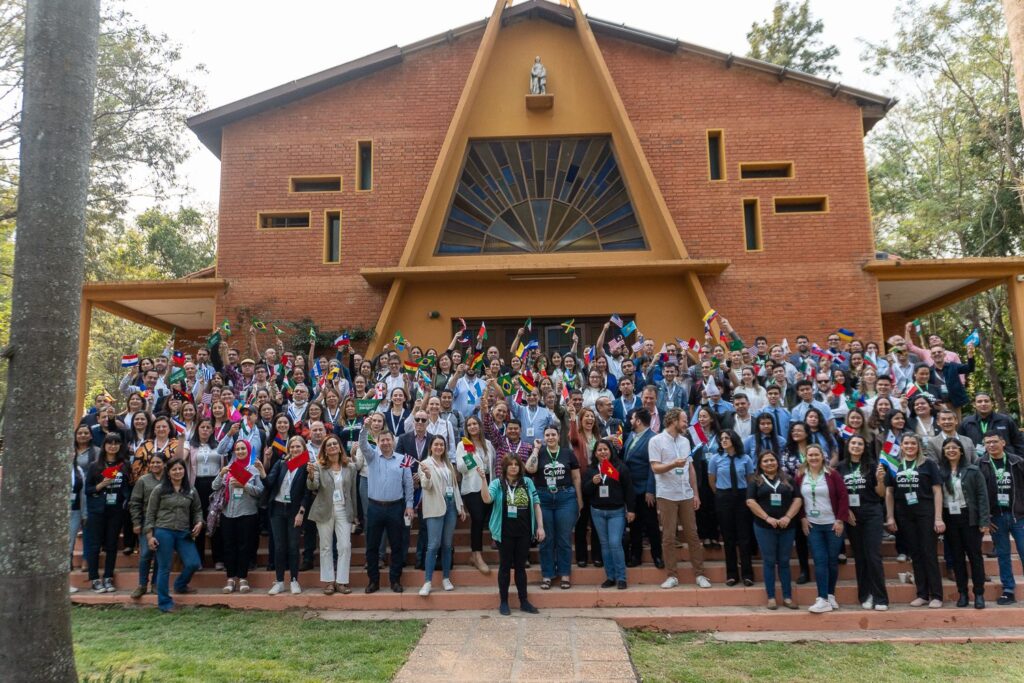
The seventh edition of the Cerrito Forum took place at the Hotel Escuela Cerrito, located in Benjamín Aceval. It showcased innovative perspectives based on the experience and vision of leaders of international organizations dedicated to finding sustainable solutions for the future and to eliminating poverty in the world.
The changemakers present at the Forum addressed the challenges and advances in the fight against poverty. In the panel called «SDG in Action: Building Sustainable Practices», in which the Executive Director of Fundación Paraguaya, Dr. Martin Burt; the Executive President of the Carvajal Foundation, Marcela Astudillo; the Executive Director of Orkidea Andina, Guillermo Pou Munt; and the specialist in Higher Education of FHI 360, Sergio Somerville, discussed the need for a comprehensive vision beyond the simple satisfaction of material needs.
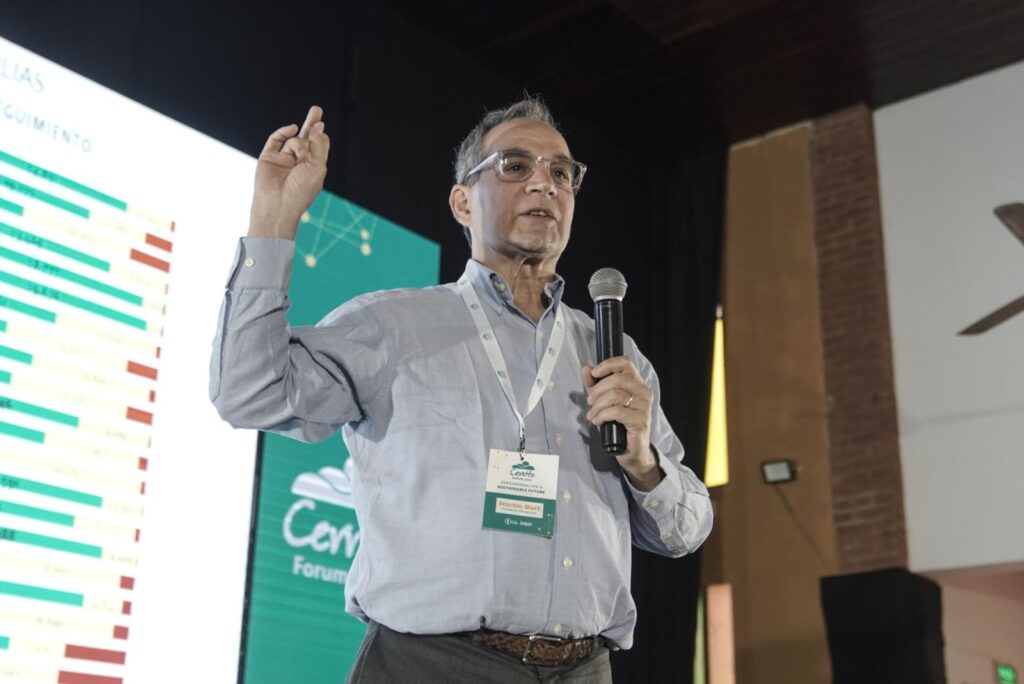
In that regard, Dr. Martin Burt emphasized that in the complex global landscape of the fight against poverty, leaders of different organizations reveal innovative approaches and unique challenges in their respective scenarios, and despite the measurement tool that helps families become empowered and protagonists of their own progress, i.e. the Poverty Stoplight that is applied to thousands of families around the world, uncertainties persist regarding the causality and correlations between indicators because they are subjective, based on self-assessments.
“It is essential to address material needs, as the Food Bank does, and also to address the underlying factors that affect poverty. “We need to build communities and use technology, including artificial intelligence, to address poverty comprehensively, and urge the large organizations that perform official, census-based poverty measurements to stop disregarding vital subjective aspects, such as self-esteem, motivation and self-confidence, in order to fully understand poverty,” he said.
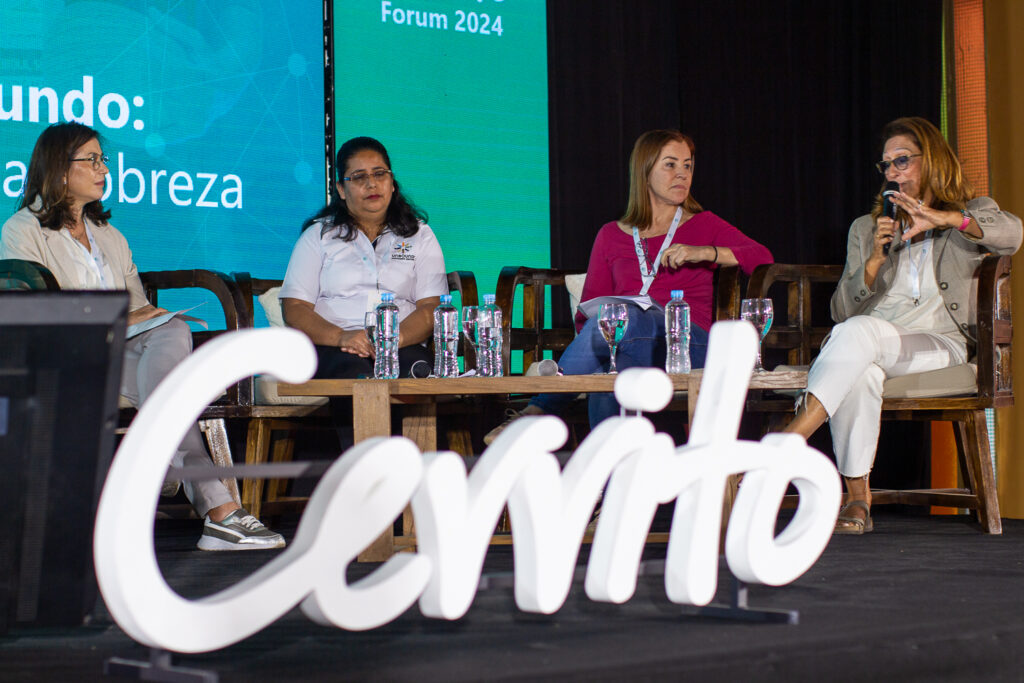
In turn, Marcela Astudillo of Carvajal Foundation highlighted the Stoplight’s comprehensive approach that is currently implemented in 700 homes in precarious territories of Colombia, covering three key dimensions: personal development, household income and education. “Although Colombia measures multidimensional poverty, this measurement does not include personal development, which led to our Foundation designing solutions in conjunction with the families to address poverty more effectively and holistically. The Stoplight’s approach seeks to improve material conditions, as well as to strengthen the personal development of individuals.”
Guillermo Pou Munt of Orkidea Andina works in the Bolivian Altiplano and he explained the importance of creating a financial ecosystem that allows families to produce, sell and prosper, underscoring that companies must be profitable, but based on a social approach that benefits the communities.
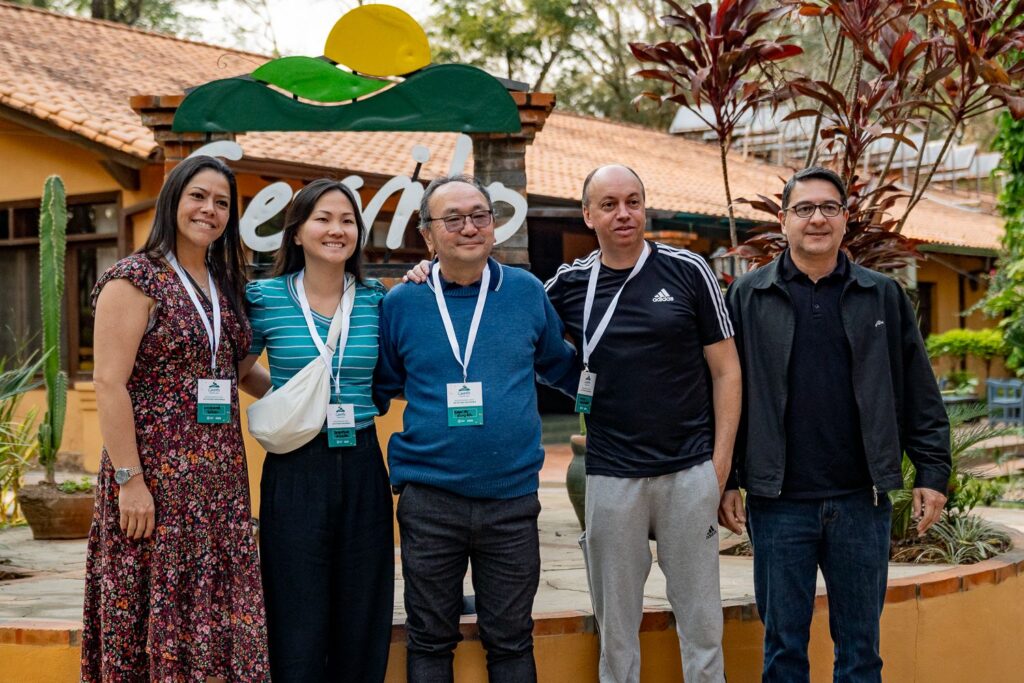
Lastly, Sergio Somerville of FHI 360, who leads the Reach Project that seeks to provide access to university education to vulnerable youth, emphasized that simply providing grants is not enough to reduce the educational gaps and that it is crucial to ensure an environment that allows students to take full advantage of educational opportunities. He also criticized poverty measurements that do not reflect the actual impact on people’s lives, and stressed the need to adapt education to the rapidly changing labor market. These approaches reveal that, in order to combat poverty effectively, we need to go beyond traditional solutions and consider a variety of factors, from personal development to economic sustainability and educational adaptation. The perspectives presented offered valuable lessons to improve the global strategies fighting against poverty, emphasizing the importance of comprehensive and adaptive approaches in a constantly changing world.
